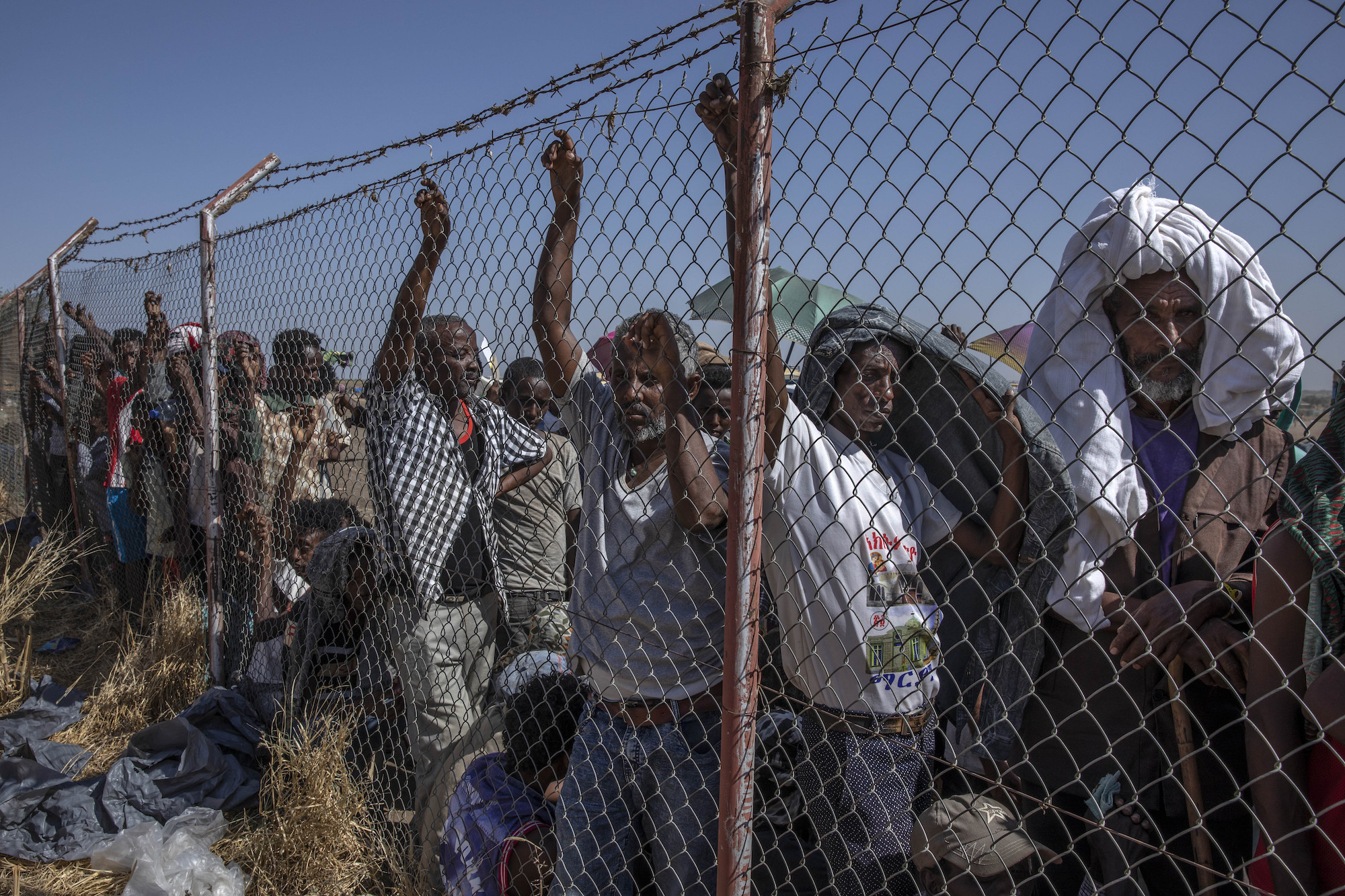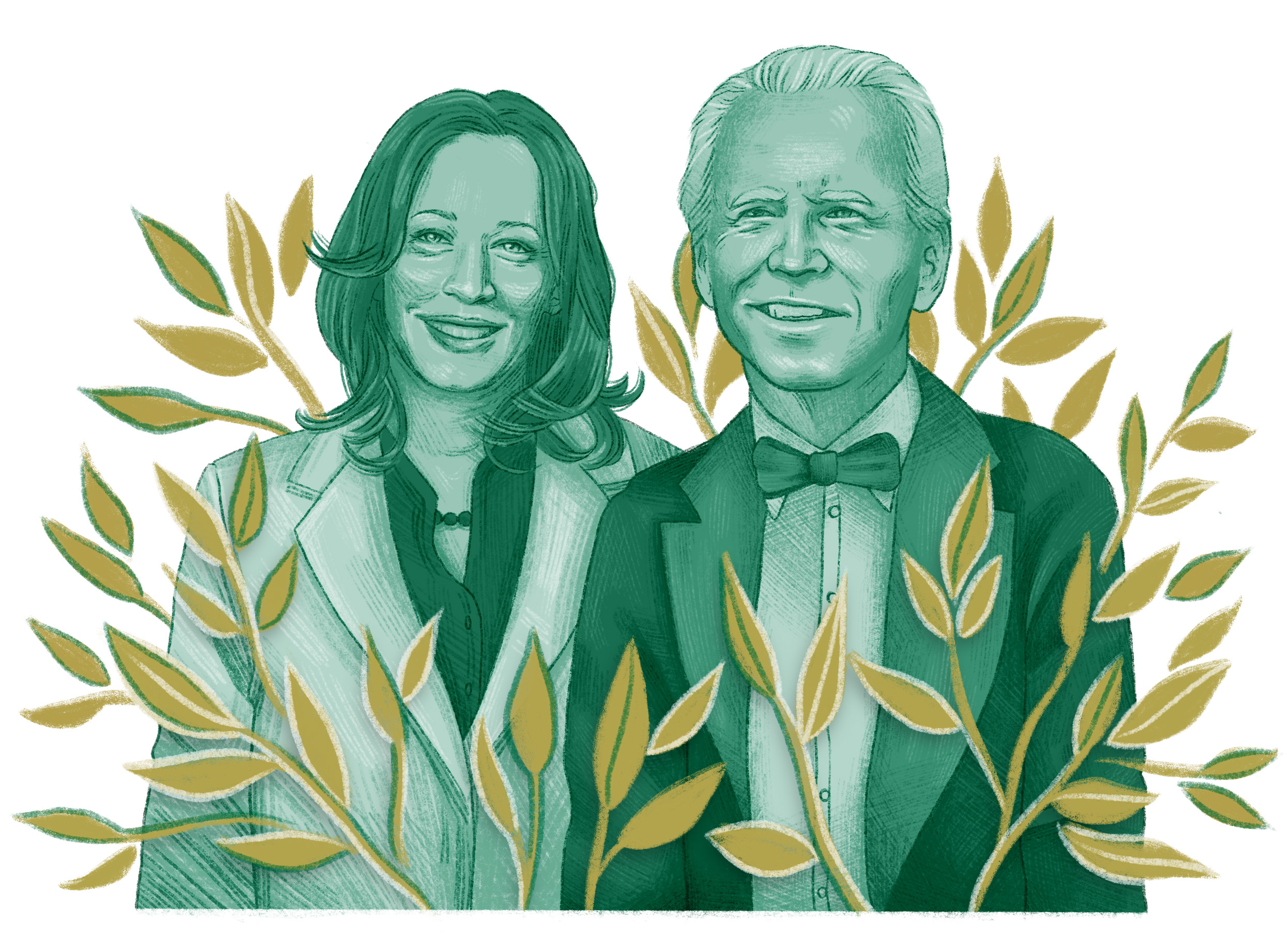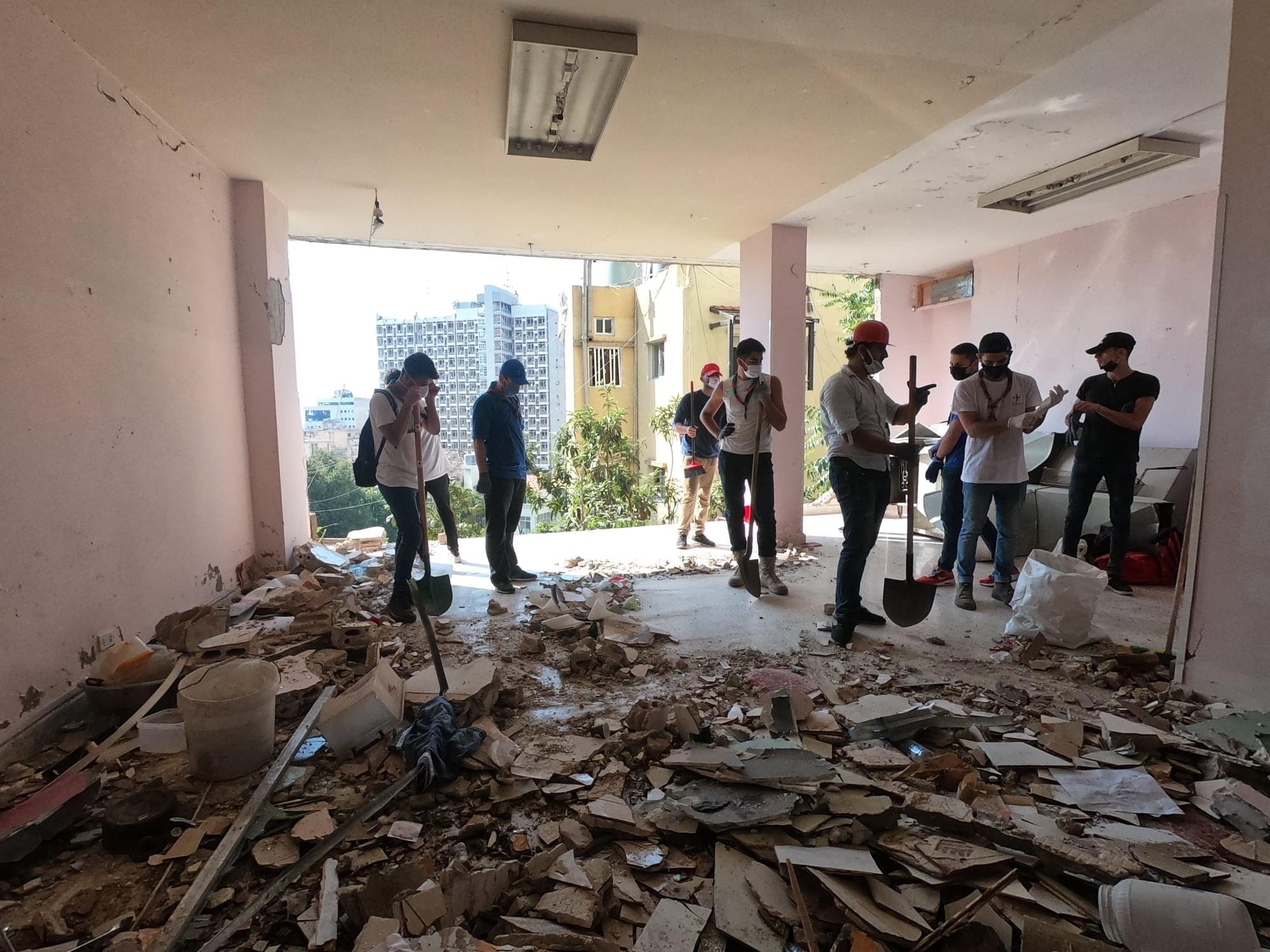Ongoing feuds between the Tigray People’s Liberation Front (TPLF) and the Ethiopian National Defense Front (EDF) have led thousands of Ethiopians to become refugees as tensions continue to escalate, according to Al Jazeera.
Threatening to destabilize parts of Ethiopia and the Horn of Africa, Reuters reported the conflicts have resulted in hundreds on both sides killed and at least 20,000 Ethiopians having fled into Sudan. The conflict could potentially impact neighboring countries such as Sudan, Djibouti, Somalia and especially Eritrea.
A professor at the European University Institute, Mehari Taddele Maru, said the conflict would “turn the Horn of Africa into an international theatre of war” and that by analyzing the context of rival regional forces in Ethiopia, it would “change the nature and terms of the proxy wars already being fought in Yemen, North Africa and the Middle East.”
“The massacre of a very large number of civilians, who appear to have been day labourers in no way involved in the ongoing military offensive,” said Deprose Muchena, Amnesty International’s director for East and Southern Africa. “This is a horrific tragedy whose true extent only time will tell as communication in Tigray remains shut down.”
“There was a military operation by the EDF and Amhara Special Force against the Tigray Special Police and militia at a place called Lugdi during the daytime on 9 November,” said an Ethiopian civilian who visited the location of the massacre the next day, according to Amnesty International.
“After they defeated the Tigray forces, the EDF spent the night on the outskirts of Mai-Kadra town. When we entered, we saw a lot of dead bodies, soaked in blood, on the streets and rental dormitories frequented by seasonal workers. The view was really debasing, and I am still in shock struggling to cope with the experience.”
Tigray’s President Debretsion Gebermichael said his troops are fighting in 16 divisions against the army of neighboring Eritrea. Denying that his forces have entered Eritrea, he said “as long as troops are here fighting, we will take any legitimate military target and we will fire.”
“Our country is attacking us with a foreign country, Eritrea. Treason!” TPLF’s leader accused the country of supporting the Ethiopian federal government by sending tanks and troops in Tigray.
In a response to the assumption, Gebermichael instructed his forces to bomb the Asmara airport in Eritrea. Heavy fighting in northern Ethiopia increased rapidly, spreading across the international border.
According to Reuters, the TLPF presumed Ethiopia deployed drones that belong to the United Arab Emirates in Eritrea’s military base. Party spokesman Getachew Reda commented “[Ethiopian Prime Minister] Abiy is now enlisting the support of UAE drones based in Assab in his devastating war against the people of Tigray.”
Al Jazeera’s correspondent, Mohammad Adow, reported three rockets were launched at Eritrea’s capital on Saturday. While two projectiles hit the airport, one of the rockets fired was aimed at a building housing the Eritrean ministry of information and several local media outlets.
As a result, several refugees sought asylum in other neighboring countries, some arrived at the Sudanese border. 22-year-old refugee Naksiam Guru said “I saw people dying in the streets” and “we were shelled by artillery volleys from across the Eritrean border.”
On Nov. 4, Prime Minister of Ethiopia Abiy Ahmed ordered the EDF to militarily engage with the TPLF. As he accused Gebremichael and his forces of treason, its military operations are aimed at restoring the rule of law. Before Ahmed came to power, Tigrayans seemed to dominate the country’s governing coalition.
According to Al Jazeera, the Tigray region is one of 10 semi-autonomous federal states in Ethiopia, and its people have been in power controlling the government for approximately three decades.
Tensions between the two powers can be traced back to 1975, when the TPLF launched a proxy war against Addis Ababa’s Derg military government. Tigray’s military was also involved in the war with Eritrea over disputed border territory from 1998 until 2000.
After the war, Ethiopia’s current prime minister achieved a Nobel Peace Prize last year for making peace with Eritrea, according to Reuters.
Tigray’s leaders complained that under Abiy, they have been removed from top positions along with being unfairly targeted in corruption. Consequently, the TPLF withdrew from the ruling coalition and held its own election, in order to deny Abiy’s leadership.
Tigray no longer receives funds from the Ethiopian government nor is recognized by Abiy’s administration, which the TLPF presumed was “tantamount to an act of war.”
The United Nations estimated over 33,000 people have already fled the region for Sudan due to the conflicts as thousands continue to register in Sudan every day.
“There is a real humanitarian crisis being created by the unfolding conflict in Ethiopia’s Tigray region,” said EU Crisis Management Commissioner Janez Lenarčič. “Civilians are paying the price for this conflict.”






